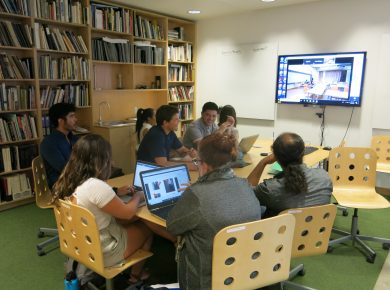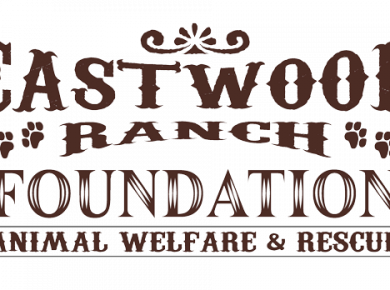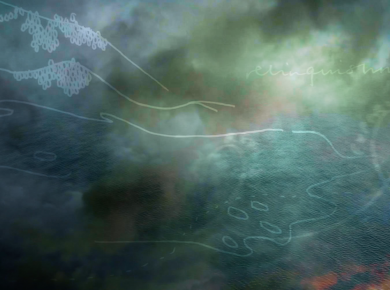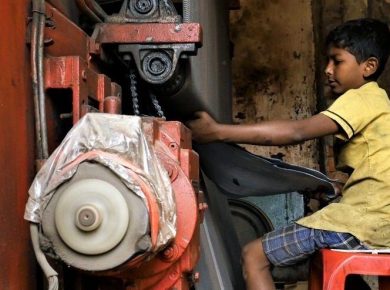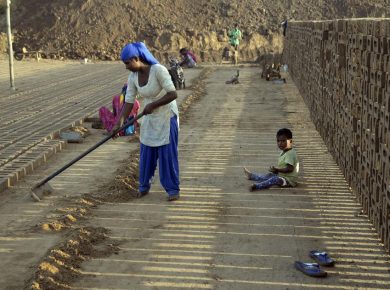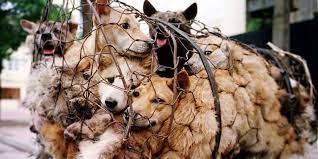While the world anticipates a vaccine for COVID-19, its root causes – the damage humanity is causing the planet – go unexamined, paving the way for future pandemics.
Twenty of the world’s leading conservation NGOs including Africa Wildlife Foundation, WWF, Space for Giants, Born Free and the Wildlife Conservation Society have come together to to demand action. Timed to coincide with the gathering of the G20 world leaders in Riyadh, the #WC20 have issued an unprecedented joint declaration to the G20, calling for urgent action to invest in nature to protect biodiversity, reduce the risk of future pandemics and safeguard the long term well being and security of current and future human generations.
“COVID-19 has been a wake-up call to all of us,” says Dr. Cristián Samper, WCS President and CEO. “Now is the time to value and invest in nature, and to ensure that any post-COVID19 economic stimulus packages address the biodiversity, climate change, and health crises in an integrated fashion.
In particular, WCS urges G20 countries to prioritise the protection of highly intact forests and other ecosystems, and work in particular to end commercial wildlife trade and markets for human consumption as well as all illegal and unsustainable wildlife trade.”
The declaration was timed to coincide with the gathering of world leaders, World leaders gathering in Riyadh this weekend have an unparalleled opportunity to build into COVID-19 economic recovery plans that include long-lasting actions to conserve nature and help prevent future pandemics.
Scientists agree that just like HIV, Ebola, SARS, Bird Flu, and MERS, the coronavirus causing COVID-19 is zoonotic: it jumped from animals to people, likely as a result of the increasing human-wildlife interface, including commercial wildlife trade and markets.
The pandemic, which has killed 1.3 million people to date and affected hundreds of millions more, stands as one of the starkest and most urgent warnings yet that our current relationship with nature must change as a matter of urgency.
The WC20 call for greater investment to address the critical imbalance with nature. “Biodiversity cannot be an afterthought in post-COVID19 recovery; it is an essential element,” says Dr. Cristián Samper. “Business-as-usual is not an option, and there can be no healthy people without a healthy planet.”
The cost of these investments is a fraction of the estimated $26 trillion in economic damage COVID-19 has caused. By one recent estimate, $700 billion a year would reverse the decline in biodiversity by 2030 – about one-fortieth the cost of the economic fallout from the current pandemic. A significant proportion of this investment, for example, could come from redirecting existing harmful financing, for example in subsidies for intensive agriculture, unsustainable fisheries, and fossil fuels.
“Current levels of investment in nature recovery and biodiversity protection are woefully inadequate, while harmful perverse financial incentives, which further undermine the viability of natural systems, need to be reduced and, if possible, eliminated,” says Will Travers OBE, Born Free’s Co-Founder and Executive President. “If G20 countries were to commit 0.5% – just half a penny in the pound – of their collective GDP to nature protection, it could raise more than $500bn annually, a transformational increase on the current situation.”
Investing in nature drives green growth and green jobs, and will take us a long way towards tackling the effects of climate change and meeting the goals of the Paris Agreement. “Such a move would give the G20 an opportunity to demonstrate global leadership, and ensure the natural world, on which we all rely, is safeguarded for the long-term well-being and security of current and future human generations, and all life on Earth,” says Travers.

